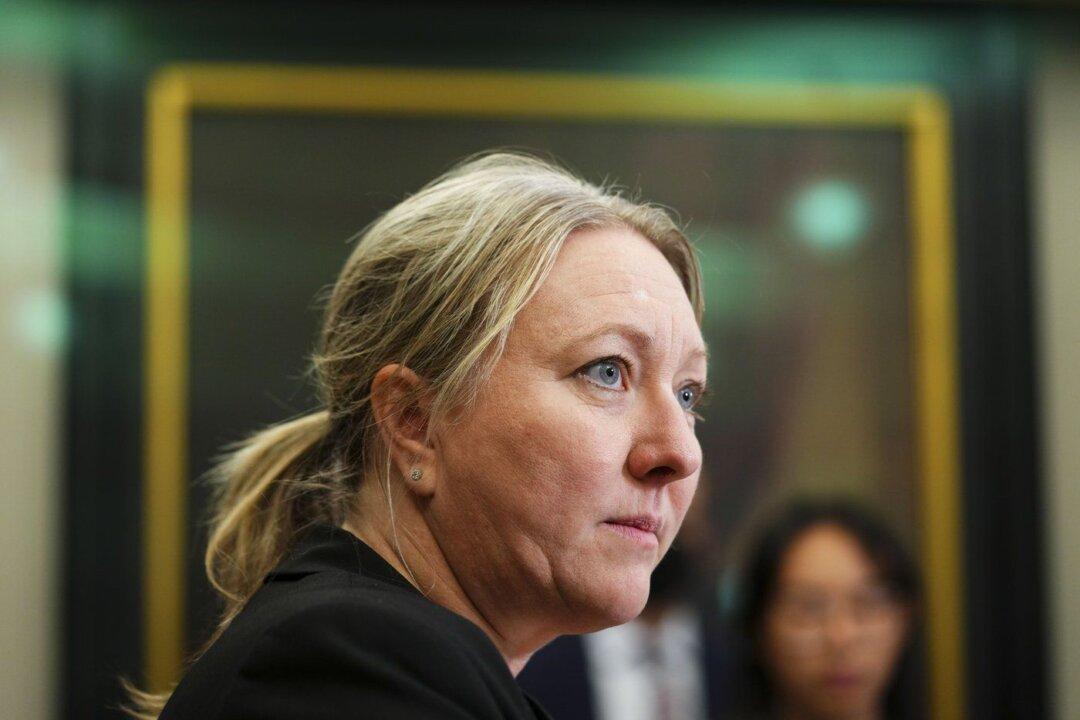As negotiations continue with the union representing over 150,000 striking public servants, the government says it is looking to reduce the number of third-party consultants it contracts for various tasks, while noting that completely cutting them would harm service deliverability.
Mona Fortier, president of the Treasury Board of Canada Secretariat, outlined in an open letter on April 24 the government’s stance on the four main demands of the Public Service Alliance of Canada (PSAC), the union representing the employees on strike.





